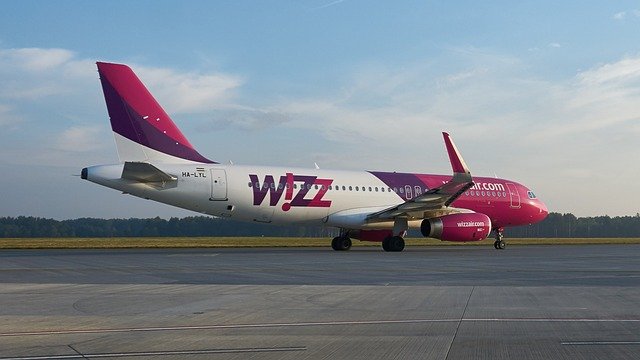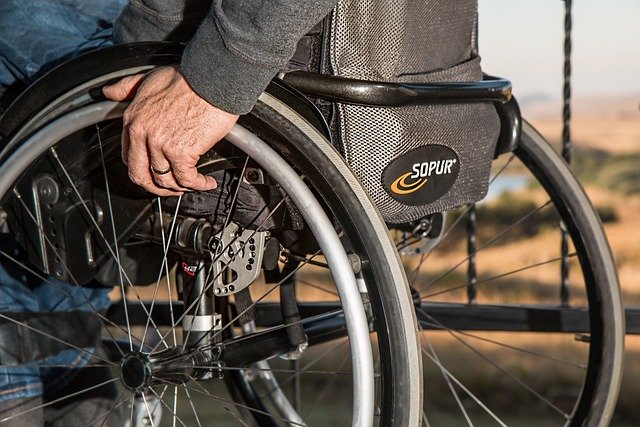Flight Dispatcher Training for Seniors: Exploring Aviation Roles Later in Life
Flight dispatcher training can be a rewarding option for seniors interested in aviation. Programs may be available for different experience levels, and some focus on practical skills and industry knowledge. Learn how seniors explore this field and what to expect. Discover more in this article.

What is a Flight Dispatcher and What Do They Do?
Flight dispatchers play a crucial role in airline operations, working behind the scenes to ensure safe and efficient flights. These professionals are responsible for planning flight paths, monitoring weather conditions, calculating fuel requirements, and coordinating with pilots and air traffic control. They work closely with flight crews to create flight plans that optimize safety, efficiency, and compliance with regulations.
Why is Flight Dispatcher Training Suitable for Seniors?
Flight dispatcher training can be an excellent option for seniors for several reasons. First, it allows individuals to leverage their life experience and decision-making skills in a dynamic environment. The role doesn’t require physical demands typical of other aviation careers, making it accessible to those who may have mobility limitations. Additionally, the structured nature of the training programs can provide a sense of purpose and mental stimulation for retirees or those seeking a career change.
What Are the Requirements to Become a Flight Dispatcher?
To become a certified flight dispatcher in the United States, individuals must meet several requirements set by the Federal Aviation Administration (FAA). These include:
-
Being at least 23 years old
-
Passing a written exam and a practical test
-
Completing an FAA-approved flight dispatcher course or having equivalent experience
-
Demonstrating proficiency in subjects such as meteorology, navigation, and FAA regulations
For seniors, the age requirement is not an obstacle, and their life experience can be an asset in grasping complex concepts.
How Long Does Flight Dispatcher Training Take?
The duration of flight dispatcher training can vary depending on the program and the individual’s pace of learning. Typically, comprehensive courses range from 5 to 10 weeks of full-time study. Some programs offer part-time or online options, which can be particularly beneficial for seniors who prefer a more flexible schedule. These extended programs may take several months to complete but allow for a better work-life balance during the training period.
What Skills Are Valuable for Aspiring Flight Dispatchers?
In the United States, successful flight dispatchers often possess a unique blend of skills that are particularly well-suited to seniors with diverse life experiences. These include:
-
Attention to detail and strong analytical skills
-
Excellent communication abilities
-
The capacity to remain calm under pressure
-
Proficiency in using computer systems and software
-
An understanding of geography and meteorology
Many of these skills are honed through years of professional and personal experiences, giving seniors a potential advantage in the field.
Where Can Seniors Find Flight Dispatcher Training Programs?
Several institutions across the United States offer flight dispatcher training programs suitable for seniors and career changers. Here’s a comparison of some notable programs:
| Provider | Location | Program Duration | Key Features |
|---|---|---|---|
| Sheffield School of Aeronautics | Fort Lauderdale, FL | 5 weeks | FAA-approved, on-campus housing available |
| Airline Transport Professionals (ATP) | Multiple locations | 6 weeks | Blended online and in-person format |
| Flight Safety International | Multiple locations | 6-8 weeks | Flexible scheduling options |
| IATA Training | Online | Self-paced | Fully online, internationally recognized |
| Embry-Riddle Aeronautical University | Daytona Beach, FL | 1 semester | University setting, comprehensive curriculum |
Prices, rates, or cost estimates mentioned in this article are based on the latest available information but may change over time. Independent research is advised before making financial decisions.
When choosing a program, seniors should consider factors such as location, duration, cost, and learning format to find the best fit for their needs and lifestyle.
In conclusion, flight dispatcher training presents an exciting opportunity for seniors to enter the aviation industry. With programs designed to accommodate various learning styles and schedules, older adults can leverage their life experiences to embark on a rewarding new career path. By combining their wisdom with specialized training, seniors can play a vital role in ensuring the safety and efficiency of air travel for years to come.




